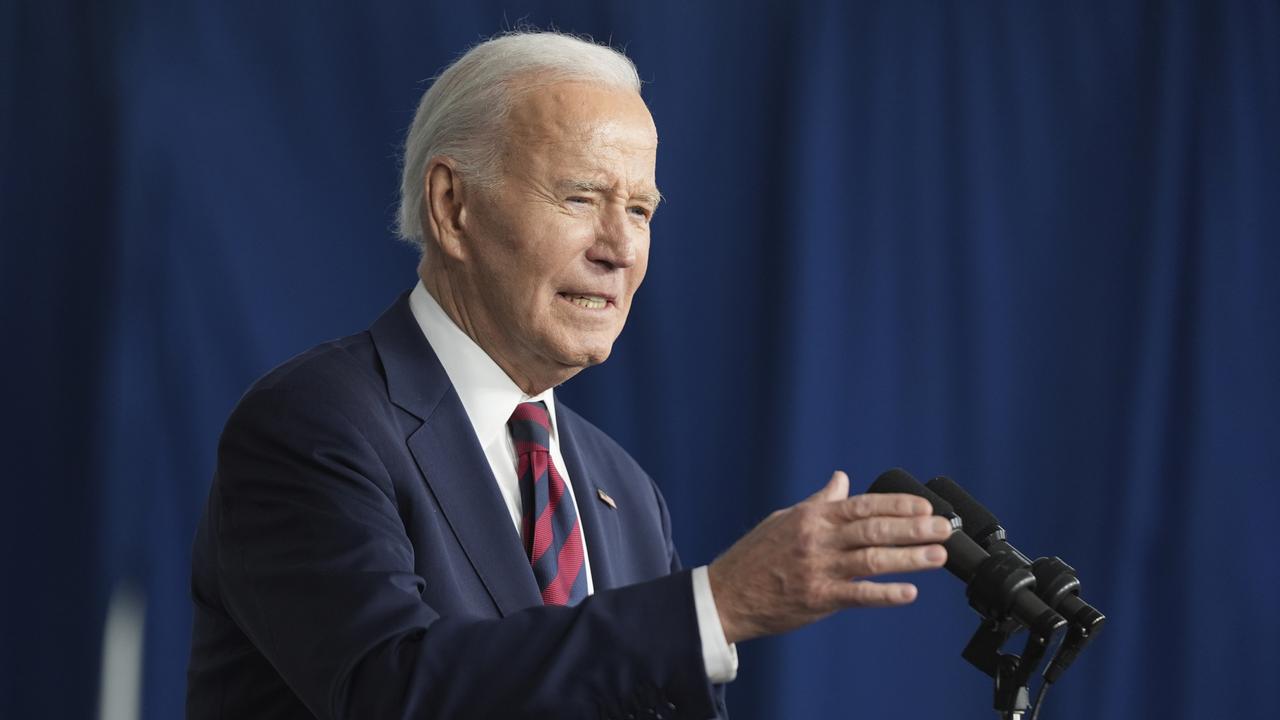Staff burnt as ‘companies put shareholders first’
Fair Work Ombudsman Sandra Parker has attacked Woolworths for a lack of transparency over employee underpayments.

Fair Work Ombudsman Sandra Parker has attacked Woolworths for a “completely unacceptable” lack of transparency over up to $300m in employee underpayments, and accused major employers of putting the interests of shareholders above those of their workers.
Ms Parker said she was shocked to learn of the extent of the underpayments, saying the only previous disclosure by the company was when its lawyers, Ashurst, told the regulator in late August the supermarket giant had issues with “non-compliance”.
Woolworths said it became aware of the size of the underpayments only on Wednesday but Ms Parker said the company “must have known the estimated amount” before. “Woolworths would know where every product in the store is, when it runs out, what needs to be replaced,” she said. “Every widget in that place they would know and yet somehow, ‘Oh whoops, we don’t get the salaries right’. You hear a lot of these companies say ‘People are our best resource, we care deeply about people’. It doesn’t look like it, really, does it?”
She vowed to hold Woolworths accountable and said she was shocked yet another big publicly listed company had admitted breaching “workplace laws on a massive scale”. She said the community was “fed up” with the conduct of companies.
Compliance notices had been served on Woolworths on Wednesday to produce documents, she said, and litigation against the company had not been ruled out.
Ms Parker said Woolworths joined Wesfarmers, Qantas, Commonwealth Bank, Super Retail Group, Michael Hill Jewellers and others in failing to ensure staff received their lawful entitlements.
Too many companies were making wage compliance their “least priority” and insisting “the only thing we are worried about is value for shareholders”.
She said shareholders would not be happy when they discovered significant underpayments that had to be repaid, the cost of investigating them and the reputational damage involved.
Ms Parker expressed frustration at the upsurge in large-scale businesses admitting that they did not classify staff correctly, pay overtime or penalty rates, or complete annual pay reconciliations where required.
“Lately, we are seeing a disturbing number of large corporates publicly admitting that they have underpaid their staff. Some of these matters go back many years and several comprise millions of dollars owed to workers. This is simply not good enough.”
Ms Parker said non-compliance was often caused by ineffective governance combined with complacency and carelessness towards employee entitlements.




To join the conversation, please log in. Don't have an account? Register
Join the conversation, you are commenting as Logout